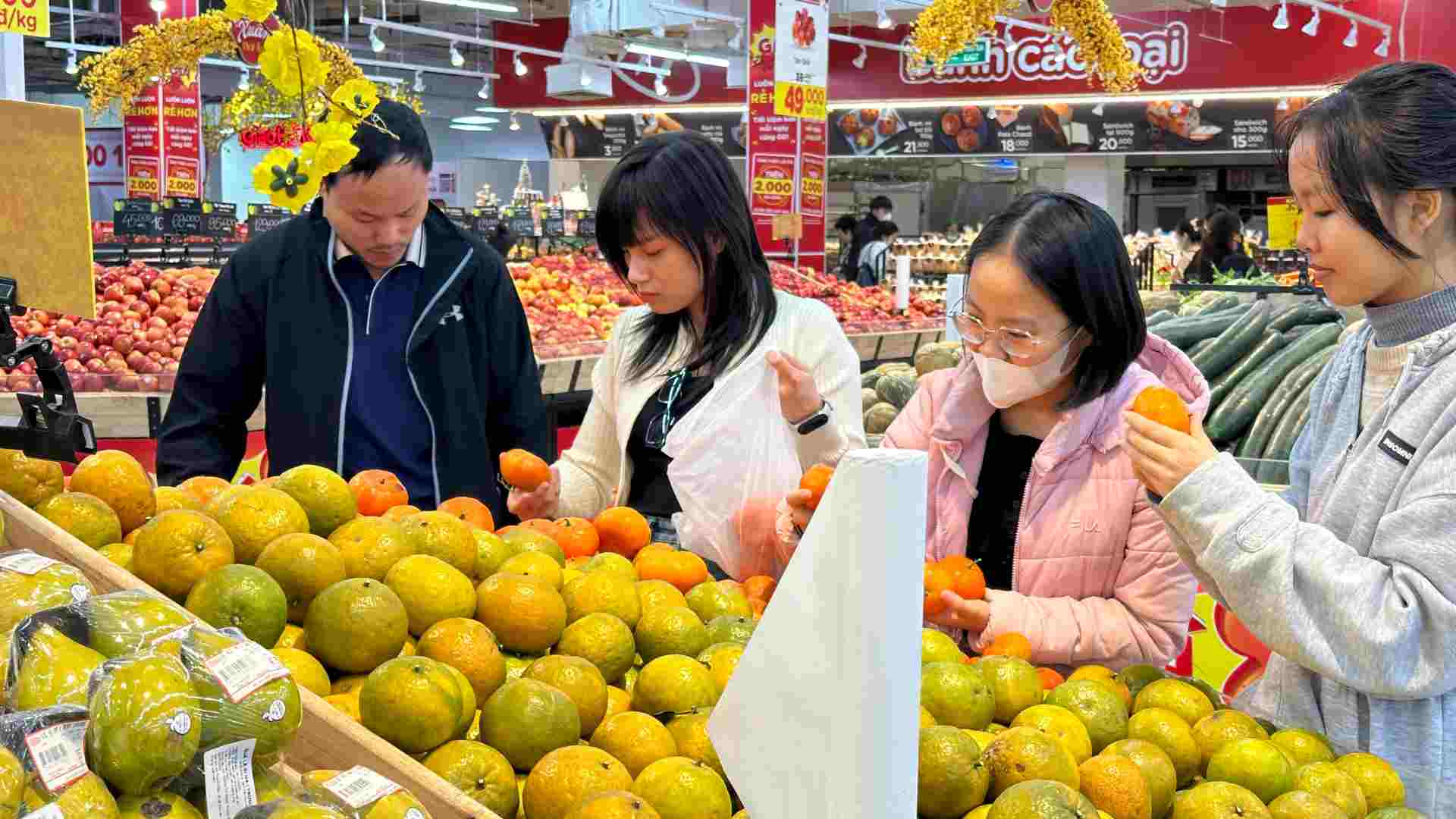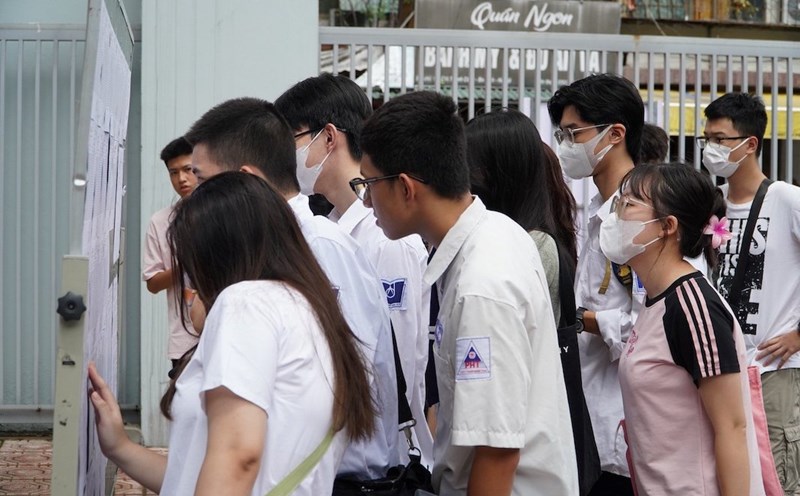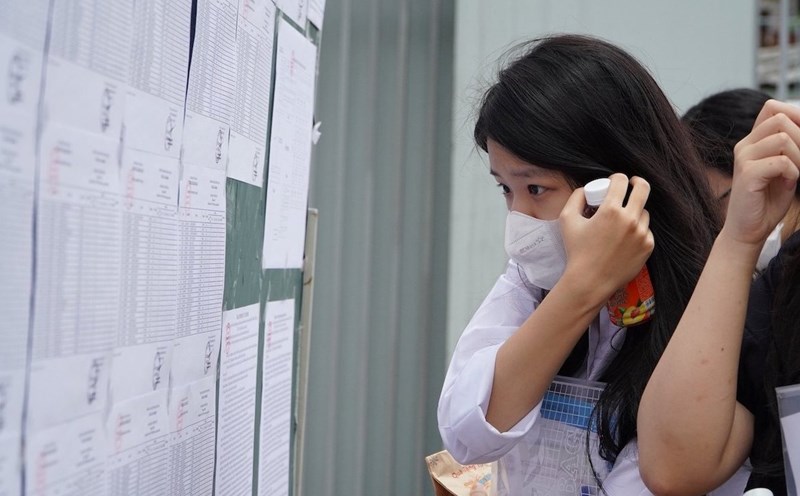According to PwC's "Asia Pacific Consumer Survey 2024" in Vietnam, up to 74% of Vietnamese consumers expressed their willingness to pay 20% more than the average price for a product made from recycled/sustainable materials.
Ms. Le Linh Phuong (20 years old, Hanoi) said that being willing to pay more to use products made from green materials not only shows a sense of responsibility but also contributes to promoting the strong development of sustainable consumption trends.
“I often choose to buy a stainless steel thermos instead of a disposable plastic bottle. Although the price of a thermos is about 100,000 - 200,000 VND, much higher than a regular plastic bottle, I think it is worth it. This makes me feel like I am contributing a small part to protecting the environment," said Ms. Phuong.

With more and more consumers willing to pay more for products with sustainable elements, businesses have been quick to grasp this trend to meet market demand.
Ms. Nguyen Nhu Binh, representative of a company specializing in producing herbal soaps in Ninh Binh, commented: “Consumers are now very interested in the origin and production method of the product. This urges us to apply organic farming models and closed processing procedures, minimizing the use of chemicals and reducing greenhouse gas emissions," Ms. Binh shared.

According to Associate Professor Dr. Nguyen Thuong Lang - Senior Lecturer - Institute of International Trade and Economics, National Economics University, from 2025 onwards, Vietnam will enter an important pivotal period, considered as a time of strong "growth" in the economy, especially in the field of consumption.
“When consumption increases, it will also stimulate production. The trend of consuming higher-end goods will contribute to shifting manufacturing industries to providing high-quality products,” Mr. Lang shared.

Mr. Lang also emphasized that sustainable consumption is not only a choice but also an inevitable requirement towards developing a circular economy.
“Sustainable consumption requires a greener transition. We need to consume according to the principle of low net emissions, moving towards a circular economy, where everything emitted can be recovered and recycled. This is the way to achieve a balance between economic development and environmental protection,” said Mr. Lang.
With their willingness to spend on sustainable products, Vietnamese consumers are helping to shape a circular economic future – where economic development and environmental protection go hand in hand. The period 2024 - 2025 will be an important milestone, opening up breakthrough opportunities for green and sustainable consumption.











